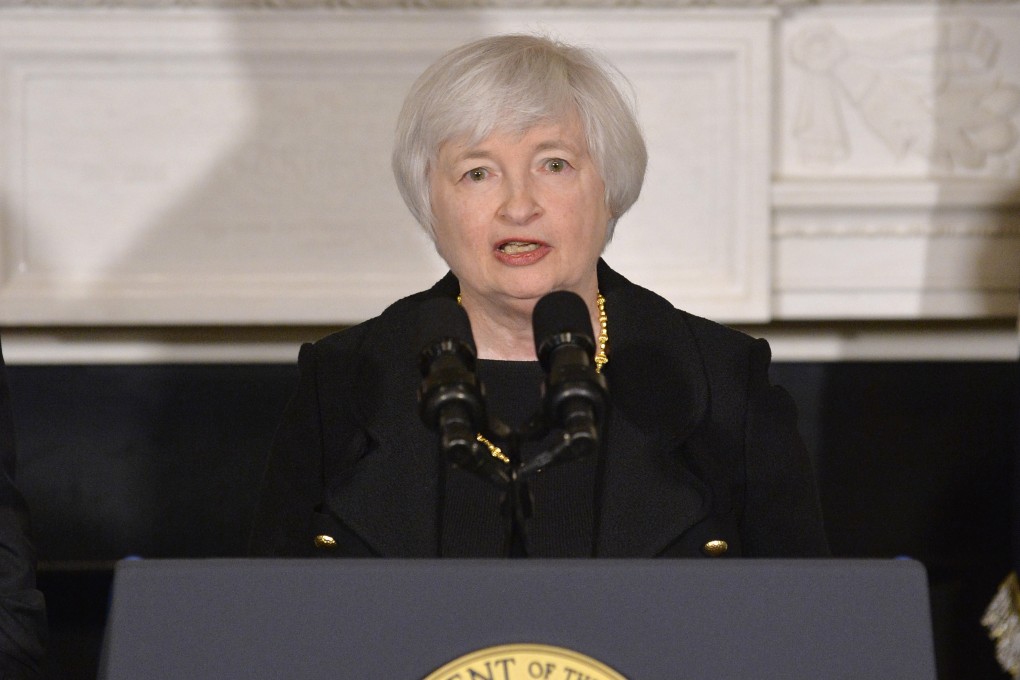Incoming Fed chief will face hard task of withdrawing crisis medicine
Andrew Sheng says Janet Yellen will need to wean markets and governments off low interest rates

In Chinese history, a woman's ascension to power is either a sign of profound change or dramatic crisis. Janet Yellen's nomination to assume chairmanship of the US Federal Reserve is a sign of changing times. Note that both the Fed and the US Securities and Exchange Commission will be headed by women. After all, Christine Lagarde, head of the International Monetary Fund, has said that if Lehman Brothers had been a bit more "Lehman Sisters", we would not have had the same degree of tragedy.
In essence, we need women to clean up man-made messes.
The difference here is that Yellen is not taking over in crisis, but she is faced with withdrawing the medicine for the crisis. She inherits an intoxicated punch bowl, with a central bank that needs to unwind massive quantitative easing, at the same time as the US faces its own debt debacle.
Her nomination is a sign of changing times ... we need women to clean up man-made messes
The rest of the world is aghast that the most powerful economy in the world can have a debate on whether the government will stop paying its bills, because some "tea party" members are playing a game of "who blinks first" with the president on changing health-care legislation.
I have no doubt that in terms of IQ, EQ and experience, Yellen is eminently qualified to be the captain of the world's leading central bank. As a former president of the San Francisco Fed, she understands not only the issues of an open, innovative West Coast economy, but also the dynamic Pacific Rim countries that account for 55 per cent of world gross domestic product.
The economies of the Asia-Pacific Economic Co-operation forum, being large users of the dollar for trade and the largest dollar holders in their foreign exchange reserves, have high hopes that the new Fed chairwoman will protect the value of their dollar holdings.
What is the scorecard that Yellen has inherited? The latest round of quantitative easing involves the purchase of US$85 billion worth of long-term Treasury paper per month, for as long as it is necessary. Furthermore, since December 2012, the Fed has said it intends to hold the federal funds rate near zero, until unemployment has declined below 6.5 per cent.
As far as I know, there is no theoretically proven effect of low interest rates reversing the level of unemployment. Despite this, the purpose of quantitative easing is to tell Congress that the Fed stands fully behind the economy, buying time for politicians to undertake real structural reforms.